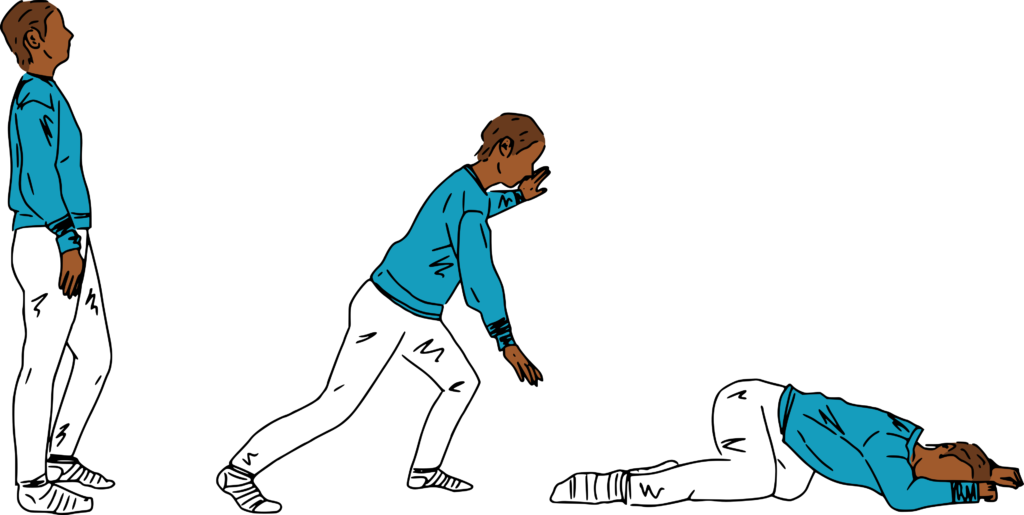Myalgic Encephalomyelitis (ME) is a debilitating and complex condition that affects millions of people across the globe. On May 12th, World ME Day is observed to raise awareness of this chronic illness, and to advocate for the millions of people who live with it.
The disease where pushing harder can make you sicker…
One of the most distressing and limiting symptoms of ME is post-exertional malaise (PEM), which is also experienced by many with long COVID. PEM is a worsening of symptoms after physical, mental, or emotional exertion that would not have caused a problem before the illness. For some patients, sensory overload (light and sound) can induce PEM. PEM intensifies the severity of symptoms and may last days, weeks, or permanently. The symptoms typically begin to worsen 12 to 48 hours after the activity or exposure. It is a symptom that is often disregarded or poorly managed by healthcare professionals, leaving patients feeling isolated and neglected.
As Oved Amitay, President and CEO of Solve M.E. emphasizes
“PEM is a varying symptom that is challenging to recognize, and doing so requires intense listening to the person experiencing it. It is vital for health care professionals to identify PEM, as its presence changes the management advice a patient should be given and indicates that a diagnosis of ME should be considered. To avoid prolonging and intensifying the suffering of millions, providers must listen to and believe those who experience PEM.”
In Canada, Scott Simpson, the founder of Millions Missing Canada, highlights that
“Post-exertional malaise is a mostly unknown symptom in the Canadian medical system — as a result, many patients with ME or Long COVID are harmed by doctors who do not recognize the symptom indicators — and that further destroys trust in doctors and the health care system.”
Similarly, in Israel, Rony Hacohen, Co-founder of ME/CFS Israel, notes that
“most doctors in Israel have no clue what PEM is, and it is not uncommon for them to encourage exercise among people with ME.”
Fiona Charlton, President of ANZMES, shares her concern for the people of New Zealand, where 25,000 people have ME/CFS, and another 30,000 live with unresolving long COVID. She emphasizes that
“people with ME/CFS, in New Zealand, feel ignored, isolated and their quality of life is low.”
Giada Da Ros, President of the CFS/ME Associazione Italiana, describes PEM as
“like the bruise after a punch. Just as it’s not smart to keep beating on the hematoma caused by the hit, if you want it not to get worse but to reabsorb, so it’s not sensible to strain further during a crash until you have recovered to your previous baseline.”
Juan Corlett of ME Support Isle Of Man stresses the importance of tailored support, stating that
“the nature of the condition means every individual’s experience is different, with varying degrees of severity when it comes to presentation of symptoms. Support for each individual needs to be tailored.”
In the United States, Laurie Jones, Executive Director of #MEAction, highlights the need for education on PEM, stating that
“we often hear from people with ME that they wished they knew about PEM earlier. That is why PEM education to medical providers and patients is so important.”
Finally, Sonya Chowdhury, CEO of Action for M.E. in the UK, stresses the need for societal understanding, explaining that
“we need society at large to understand that doing more can make you worse when you live with ME. Post-exertional malaise is a cruel consequence of trying to engage in the world for people with this disease, and can be the most limiting factor in the lives of those affected. In the UK, we are still pushing for this basic understanding to be accepted across healthcare and other services.
However we are also seeing change, with research like DecodeME ensuring that post-exertional malaise is being properly screened for. This is happening because of the high level of patient and public involvement in the study. At Action for M.E, we will continue to put the involvement of people with ME at the heart of our strategies going forward.”
On this World ME Day, it is vital that we listen to those who experience post-exertional malaise and advocate for their needs. With greater awareness and understanding of this debilitating symptom, we can work towards improved healthcare for people with ME and long COVID. We must ensure that healthcare providers are educated on how to recognize and manage PEM, and that patients receive the tailored support they need. Together, we can make a difference in the lives of millions of people around the world who are impacted by this challenging and often misunderstood condition. Let us continue to raise our voices and push for change until every person with ME is heard, believed, and properly supported.



